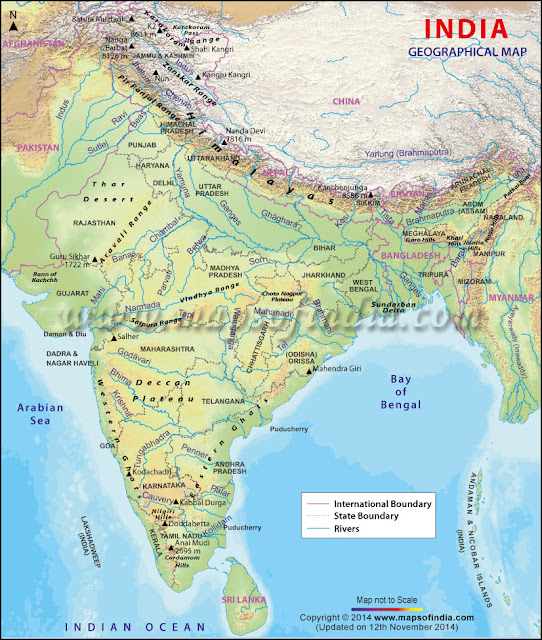Charminar
The city of Hyderabad, with its delightful blend of the ancient and the modern, presents to the onlooker an interesting skyline with modern buildings standing shoulder to shoulder with fascinating 400 year old edifices.
It boasts of some fine examples of Qutab Shahi architecture - the Jami Masjid, the Mecca Masjid, Toli Masjid, and of course, the impressive symbol of Hyderabad, the Charminar.
The Charminar is a massive arch built by Mohammed Quli Qutab Shah, in 1591 to commemorate the end of the plague in the city. The symbol of the city, the Charminar, is an impressive square monument with four minarets. The arch is illuminated daily in the evening, an unforgettable sight indeed.
The monument is a magnificent square edifice of granite, built upon four grand arches facing North, South, East and West. These arches support two floors of rooms and gallery of archways. At each corner of the square structure is a minaret rising to a height of 24 meters, making the building nearly 54 meters tall. It is these four (char) minarets (minar) that give the building, its name 'Charminar'. Each minar stands on a lotus-leaf base, a special recurrent motif in Qutub Shahi buildings.
The first floor was used as a madarasa (college) during the Qutub Shahi period. The second floor has a mosque on the western side, the dome of which is visible from the road, if one stands some distance away. A spectacular view of the city may be had from the roof of the Charminar, although, due to severe overcrowding of the minarets, only visitors with special permission from the Archaeological Survey of India, Hyderabad Circle are allowed to go to the top of the minarets. The clocks above each of the four archways were added in 1889.
Walking around the Charminar area, one is constantly surprised by vestiges of the past intermingling with the present. Towards the Southeast of the Charminar is located imposing edifice of the Nizamia Unani Hospital. About 50m to the West, the line of shops in Lad Bazaar is interrupted by an old, crumbling brown wall, which marks the entrance to the old Nizama's Jilau Khana (parade ground). The grounds are now being used for the development of a large commercial complex. Further down, a road to the left leads to the Khilawat Complex (Chowmahalla Palace). The Lad Bazaar road terminates in a square called Mahaboob Chowk where a large 19th century clock-tower looms over a delicate white mosque of the same period.
The Charminar is about 7 km from Hyderabad railway station. It is 5 km from Hyderabad bus station. Excellent private transport is available from all parts of the twin-cities. Called the "Arc De Triumph of the East", Charminar symbolises Hyderabad. As old as the city itself, the four imposing towers of this edifice stand in the heart of the old city as a hallmark of the Qutub Shahi era.

Comments
Post a Comment